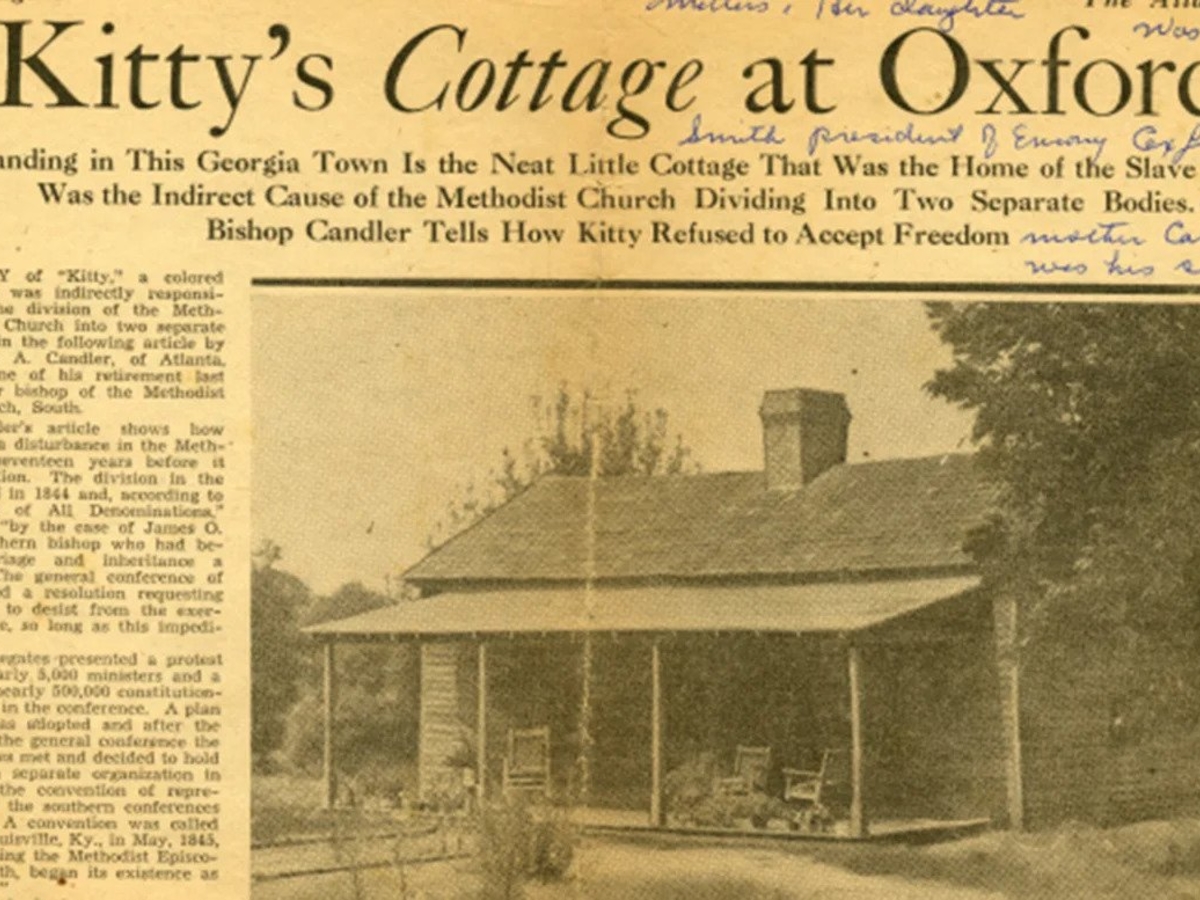On June 19, 1865—more than two years after the Emancipation Proclamation took effect— Union troops arrived in Galveston, Texas, with news that enslaved people were now free and the war was over. The next year, African Americans began marking the anniversary with large gatherings in Texas, and Juneteenth grew to become a national celebration of freedom and the end of slavery.
Caucus of Emory Black Alumni commemorates Juneteenth
The Caucus of Emory Black Alumni gathered over drinks and conversation Friday evening, June 16, at Grant Park Social to commemorate Juneteenth.
Juneteenth according to Emory alumni
Listen to three alumni share reflections on Juneteenth and how the day has become a part of the nation’s history.
Someone to open the door
Judge Clarence Cooper 67L is accustomed to carving a path where there is none. He came to Emory University School of Law in 1965 and was one of the first African American, full-time students to graduate from the program. Cooper began a career in law during the civil rights movement. This turbulent time of desegregation and denial of voting rights fueled Cooper in his ascent as a lawyer. Watch his story to discover how he opened doors for others, and explore how the membership of Emory’s American Inn of Court voted to rename the organization The Judge Clarence Cooper American Inn of Court.
Unpacking a history of slavery and dispossession
As a member of the Universities Studying Slavery Consortium, Emory is unpacking its participation in acts of prejudice and discrimination to pave a new path of unity and equity. Explore that history in an in-depth story, starting in the 19th century before the original campus at Oxford was built.










